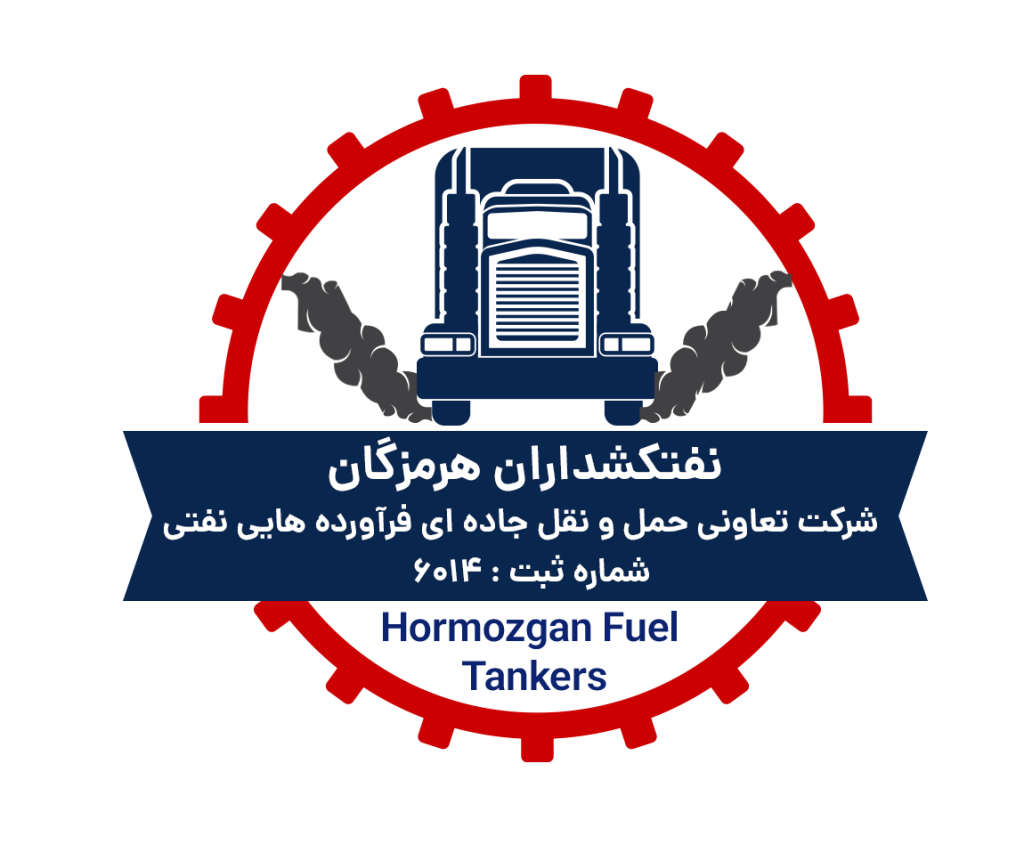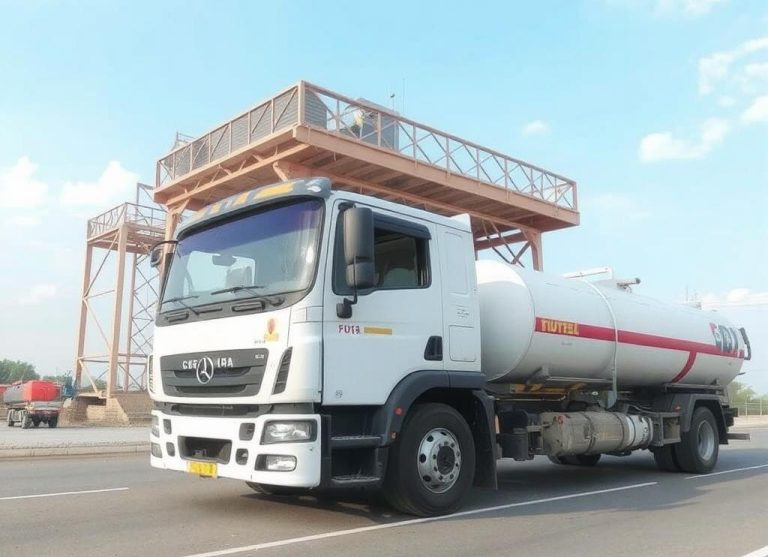Transportation of fuel and petroleum products is a key part of the energy supply chain. This critical process, which involves moving fuel from production centers to end-use points, directly affects the sustainable and uninterrupted supply of energy in countries. The importance of safe transportation in this area is obvious not only in protecting the environment and preventing accidents, but also in ensuring the continuity of vital energy supply for industries, transportation, and people’s daily lives.
1. The importance of safe transportation in the fuel supply chain
Fuel transportation is considered one of the most risky sectors of logistics due to the inherent hazards of flammable and petroleum materials, including fire, explosion, and environmental pollution. These hazards require careful monitoring and implementation of advanced safety systems at all stages of transportation. Any disruption in this process, including accidents or material spills, can lead to crises such as fuel shortages, price increases, and public discontent. Therefore, safe transportation serves as a key factor in ensuring the continuity of fuel supplies and preventing potential disruptions in access to energy resources.
2. Safety requirements in fuel transportation
Safe fuel transportation requires compliance with a set of safety and legal standards set by regulatory and legal bodies in many countries. These requirements include:
– **Employee training:** Drivers and fuel transportation personnel must receive specific training to deal with emergency situations, including how to control leaks or fires. This training helps reduce the likelihood of human error and increase preparedness in critical situations.
– **Use of safe equipment:** Tankers and vehicles used to transport fuel must be equipped with safety equipment and systems, such as leak prevention devices, warning sensors, and firefighting equipment. The design and construction of vehicles must also comply with international standards.
– **Continuous monitoring and surveillance:** Smart systems and the Internet of Things (IoT) can be used to monitor the condition of tankers and transportation routes. These technologies allow monitoring of fuel temperature, pressure, and physical condition, preventing accidents caused by unexpected changes.
3. The effects of safe transportation on fuel supply stability
Safety in fuel transportation is not only important in terms of preventing accidents and protecting the environment, but also directly affects the continuity and sustainability of fuel supplies. In the event of accidents, such as accidents involving fuel tankers or oil spills on maritime routes, transportation routes may be blocked for a period of time, cutting off fuel supplies to consuming areas. This can disrupt the energy supply chain, leading to increased costs and reduced economic efficiency.
4. The role of new technologies in increasing safety
Today, new technologies play a significant role in improving fuel transportation safety. The use of intelligent navigation systems, autonomous vehicles, and surveillance drones can significantly reduce risks. For example, advanced fleet management systems can suggest safer routes in real time and prevent accidents. Drones can also be used to monitor road conditions and emergencies along fuel transportation routes.
5. Environmental and economic issues of safe transportation
Safe transportation not only helps reduce accidents but also the environmental impacts of oil and petroleum product spills. Oil spills into groundwater or seas can have irreversible effects on natural ecosystems. Also, fines and costs of environmental cleanup in the event of accidents can severely damage fuel transportation companies. Therefore, investing in advanced safety equipment and related training indirectly helps reduce long-term costs and increase economic efficiency.
Conclusion
Safe fuel transportation is a critical requirement to ensure the sustainability of energy supply and prevent environmental and economic crises. Given the importance of this issue, it is essential to apply safety standards, modern technologies and continuous training to employees in the fuel transportation industry. These measures not only help protect the environment and reduce risks, but also prevent disruptions in the fuel supply chain and ensure sustainable access to vital energy sources.












